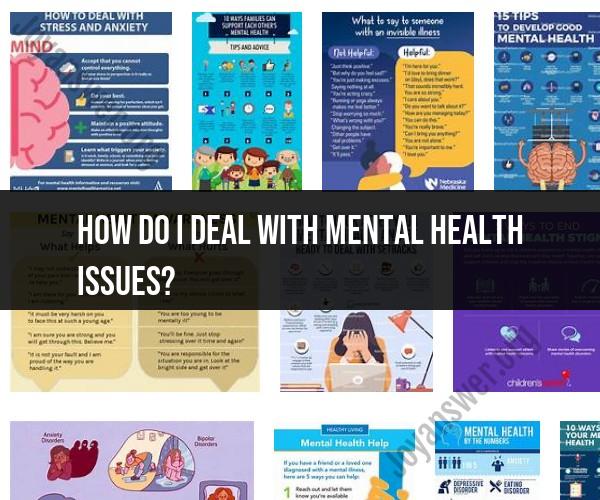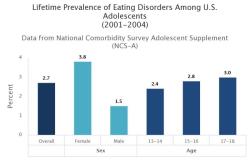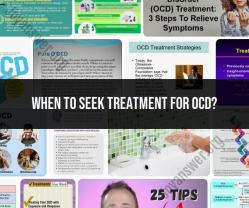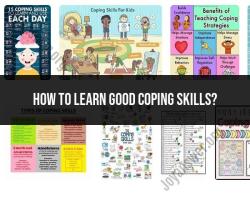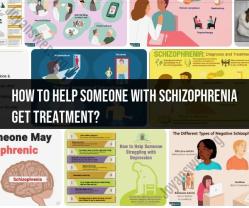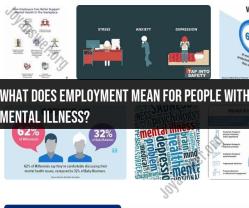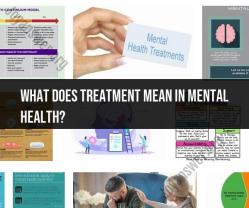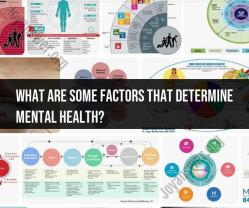How do I deal with mental health issues?
Dealing with mental health issues requires a multi-faceted approach that may involve self-help strategies, professional assistance, and support from friends and family. Here are practical strategies to help you manage and cope with mental health issues:
Recognize the Signs: The first step is acknowledging that you may be experiencing mental health issues. Recognize the signs and symptoms, which can include changes in mood, behavior, sleep, or appetite.
Seek Professional Help: Consult a mental health professional such as a therapist, counselor, psychiatrist, or psychologist. They can provide a diagnosis, treatment options, and ongoing support tailored to your needs.
Medication Management: If prescribed, take medication as directed by a healthcare provider. Medications can be effective in managing certain mental health conditions like depression, anxiety, and bipolar disorder.
Therapy and Counseling: Participate in therapy or counseling sessions. Different therapeutic approaches, such as cognitive-behavioral therapy (CBT), dialectical behavior therapy (DBT), or mindfulness-based therapy, can help address specific mental health concerns.
Peer Support: Join support groups or seek peer support from individuals who have experienced similar challenges. Sharing experiences and coping strategies with others can be comforting and empowering.
Self-Care: Prioritize self-care practices, including regular exercise, a balanced diet, adequate sleep, and stress management techniques like meditation or deep breathing exercises.
Limit Substance Use: Reduce or eliminate the use of substances like alcohol and drugs, as they can exacerbate mental health symptoms and interfere with treatment.
Maintain a Routine: Establish and maintain a daily routine. Predictable routines can provide stability and a sense of control, especially during times of emotional distress.
Set Realistic Goals: Break tasks into manageable steps and set achievable goals. Celebrate your accomplishments, no matter how small, to boost your self-esteem.
Social Connections: Stay connected with friends and loved ones. Isolation can worsen mental health symptoms, so make an effort to maintain social connections, even if it's through virtual means.
Challenge Negative Thoughts: Practice recognizing and challenging negative thought patterns. Cognitive-behavioral techniques can help you reframe irrational or unhelpful thoughts.
Journaling: Keep a journal to express your thoughts and feelings. Writing can help you gain clarity, identify patterns, and track your progress.
Mindfulness and Relaxation: Engage in mindfulness exercises and relaxation techniques to reduce stress and anxiety. These practices can improve your overall well-being.
Limit Media Consumption: Be mindful of the content you consume through media. Excessive exposure to distressing news or social media can impact your mental health.
Ask for Help: Don't hesitate to ask for help from friends and family when needed. Share your struggles and let them know how they can support you.
Stay Informed: Educate yourself about your mental health condition. Understanding what you're experiencing can help you and your support system provide better care.
Patience and Self-Compassion: Be patient with yourself. Recovery from mental health issues takes time, and setbacks are common. Practice self-compassion and avoid self-criticism.
Emergency Plan: Develop a crisis plan with your therapist or mental health provider to have a strategy in place if you experience severe symptoms or a crisis situation.
Remember that recovery is a unique journey for each person. It's important to collaborate with mental health professionals to develop a personalized plan that addresses your specific needs and goals. Reaching out for help and staying committed to your well-being are essential steps toward managing and improving your mental health.
The titles you have provided highlight the importance of coping with mental health issues and taking charge of your well-being.
Coping Strategies for Dealing with Mental Health Issues
This title emphasizes the need for people with mental health issues to have coping strategies in place to help them manage their symptoms and live fulfilling lives. Some common coping strategies include:
- Talk to a therapist: Therapy can provide a safe and supportive space for people to talk about their experiences with mental illness and to learn coping strategies.
- Join a support group: Support groups can provide a sense of community and belonging for people with mental illness. They can also offer information and resources about coping and treatment.
- Engage in self-care: Self-care activities, such as exercise, relaxation techniques, and healthy eating, can help to improve overall mental and physical health.
- Take medication: Medication can be an effective way to treat many mental health disorders. However, it is important to talk to your doctor about the risks and benefits of medication before taking it.
Managing Your Mental Health: Tips for Self-Care and Resilience
This title highlights the importance of self-care and resilience in managing mental health. Self-care is the practice of taking care of your physical, emotional, and mental well-being. Resilience is the ability to cope with stress and adversity and bounce back from difficult experiences.
Some tips for self-care and resilience include:
- Get enough sleep: Aim for 7-8 hours of sleep each night.
- Eat a healthy diet: Eat plenty of fruits, vegetables, and whole grains. Avoid processed foods, sugary drinks, and excessive caffeine and alcohol.
- Exercise regularly: Aim for at least 30 minutes of moderate-intensity exercise most days of the week.
- Practice relaxation techniques: Relaxation techniques such as deep breathing, meditation, and yoga can help to reduce stress and improve mood.
- Connect with loved ones: Make time for activities that you enjoy and that connect you with people you care about.
- Seek professional help if needed: If you are struggling to manage your mental health on your own, don't be afraid to seek professional help from a therapist or psychiatrist.
Taking Charge of Your Well-Being: Strategies for Addressing Mental Health Challenges
This title emphasizes the importance of taking charge of your own well-being and addressing mental health challenges. This means being proactive about your mental health and taking steps to improve it. It also means being aware of your triggers and warning signs, and knowing how to cope when they occur.
Some strategies for addressing mental health challenges include:
- Identify your triggers and warning signs: Once you know what triggers your symptoms and what your warning signs are, you can start to develop a plan for coping.
- Develop a coping plan: Your coping plan should include a variety of strategies that you can use to manage your symptoms and stress. Some common coping strategies include relaxation techniques, exercise, and spending time with loved ones.
- Set realistic goals: It is important to set realistic goals for yourself when you are working on improving your mental health. Don't try to change too much at once.
- Be patient: Recovery from mental illness takes time. Don't get discouraged if you don't see results immediately. Just keep working at it and you will eventually reach your goals.
It is important to remember that you are not alone. Millions of people struggle with mental health issues, and there is help available. If you are struggling, please reach out for help.
